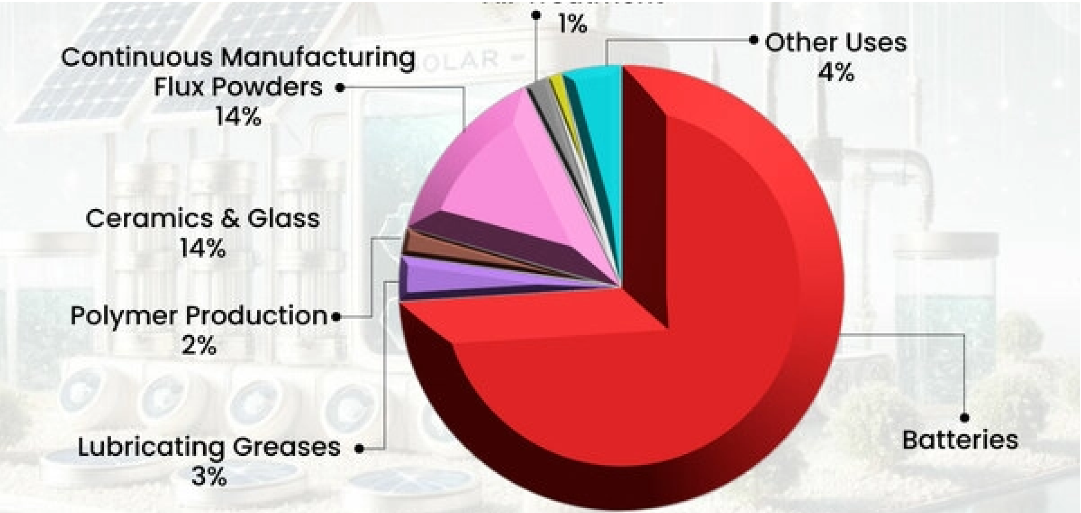HPCL-Mittal Energy Invests in R&D for Setting up a New Bio-ethanol Plant by 2023
An HPCL-Mittal Energy Ltd. representative recently said that the firm plans to begin producing bioethanol by 2023 at its Bathinda refinery in Northern India as part of its efforts to cut carbon emissions. Pravin Shirke, assistant general manager at HPCL-Mittal Energy Ltd (HMEL), said at a forum at the Asia-Pacific Petroleum Conference that the company is in the process of constructing 100,000 tonnes per annum ethanol facility based on agricultural inputs like waste food. He also said the plant would be fully functional by the beginning of the following year.
Hindustan Petroleum Corporation Limited (HPCL), a state-owned company, and Mittal Energy Investments Ltd. formed HMEL. To promote the blending of bigger proportions of ethanol and components of vegetable oil with gasoline and diesel, India, the world's third-biggest oil importer, and user, has expanded the excise duty exemption for biofuels. In some regions of the country, India will begin blending 20% ethanol with gasoline by April 2023, and by 2025–2026, the policy will be implemented nationwide.
Eco-friendly Second-Generation Bioethanol is a priority in India
Ethanol-blended gasoline is one of the most widely accepted alternative fuel mixes for transportation. Nevertheless, manufacturing this fuel from food sources like molasses and broken grains poses ethical concerns. The Indian biofuel market could benefit from the longer-term viability and improved economics of second-generation bioethanol. The "Innovation Roadmap of the Mission Integrated Biorefineries" was officially unveiled on September 23, 2022, by Union Minister of State (Ministry of Science and Technology & Earth Sciences) Jitendra Singh. This debut was announced at the Global Clean Energy Action Forum 2022 in Pittsburgh, Pennsylvania.
The mission aims to increase public and private investment in energy research, development, and demonstration during the next five years and to foster closer international cooperation in these areas. To that end, ethanol is a primary focus of biorefineries. Adding 20% ethanol to regular gasoline results in E20, a common name for the resulting fuel blend. As of 2025, India plans to sell only gasoline blended with E20. The Ministry of Petroleum and Natural Gas estimates that 1,016 crore liters of ethanol will be necessary to reach 20% blending by 2025-2026. Molasses from sugarcane and broken or surplus grains like rice and maize are the main ingredients in ethanol production.
It is proposed that by 2025, this feedstock combination might increase annual ethanol production from its current 684 crore liters to 1,500 crore liters. To make ethanol, this calls for an additional 165 million metric tonnes of grains to be harvested by 2025, along with an other requirement of 60 million metric tonnes of sugar. The change will increase the water footprint and raise the question of whether food or fuel should be prioritized.

